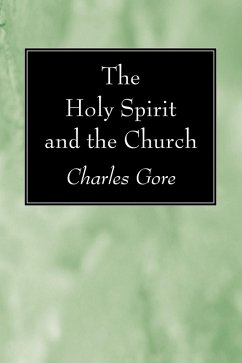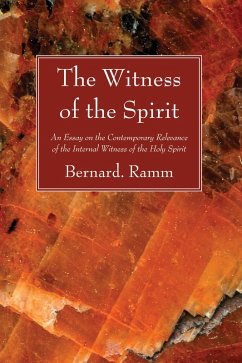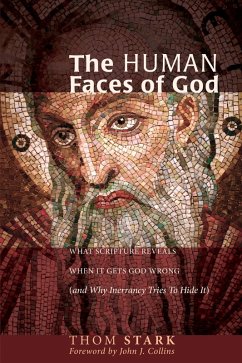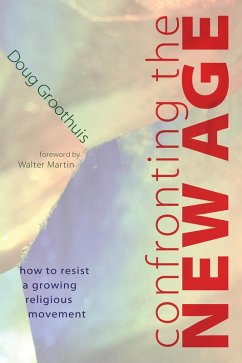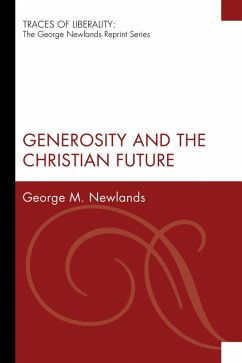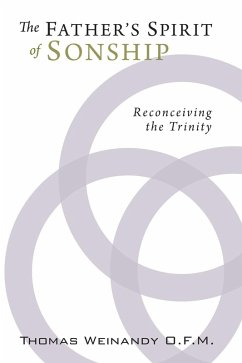
The Father's Spirit of Sonship (eBook, PDF)
Reconceiving the Trinity
Versandkostenfrei!
Sofort per Download lieferbar
11,95 €
inkl. MwSt.
Weitere Ausgaben:

PAYBACK Punkte
6 °P sammeln!
This book attempts to reconceive the Trinity. Its thesis is that the Father beget the Son in or by the Holy Spirit. The Spirit proceeds from the Father as the one in whom the Son is begotten. While some contemporary authors have proposed a similar view, no-one has done so in such a complete and systematic fashion. Reconceiving the Trinity in this way has a number of advantages. Firstly, it is more in keeping with the New Testament proclamation, and thus it more closely aligns the economic and immanent Trinity. Secondly, it overcomes the inadequacies of traditional trinitarian formulations, in ...
This book attempts to reconceive the Trinity. Its thesis is that the Father beget the Son in or by the Holy Spirit. The Spirit proceeds from the Father as the one in whom the Son is begotten. While some contemporary authors have proposed a similar view, no-one has done so in such a complete and systematic fashion. Reconceiving the Trinity in this way has a number of advantages. Firstly, it is more in keeping with the New Testament proclamation, and thus it more closely aligns the economic and immanent Trinity. Secondly, it overcomes the inadequacies of traditional trinitarian formulations, in both Eastern and Western Churches, which incorporates erroneous philosophical presuppositions. Thirdly, it offers a resolution to the filioque controversy, which may be acceptable to both the Latin and the Orthodox Churches. This book is, therefore, highly ecumenical in importance. Fourthly, it gives a more active and essential role to the Holy Spirit within the immanent Trinity, something that has been lacking throughout the trinitarian tradition. The true subjectivity or personality of the Holy Spirit is more clearly defined. This book brings out the spiritual and practical importance of the Trinity for the everyday lives of Christians. It defines more clearly how Christians are grafted into the very life of the Trinity: how they come to relate to the persons of the Trinity in a manner analogous to the way they relate to one another.
Dieser Download kann aus rechtlichen Gründen nur mit Rechnungsadresse in A, D ausgeliefert werden.








